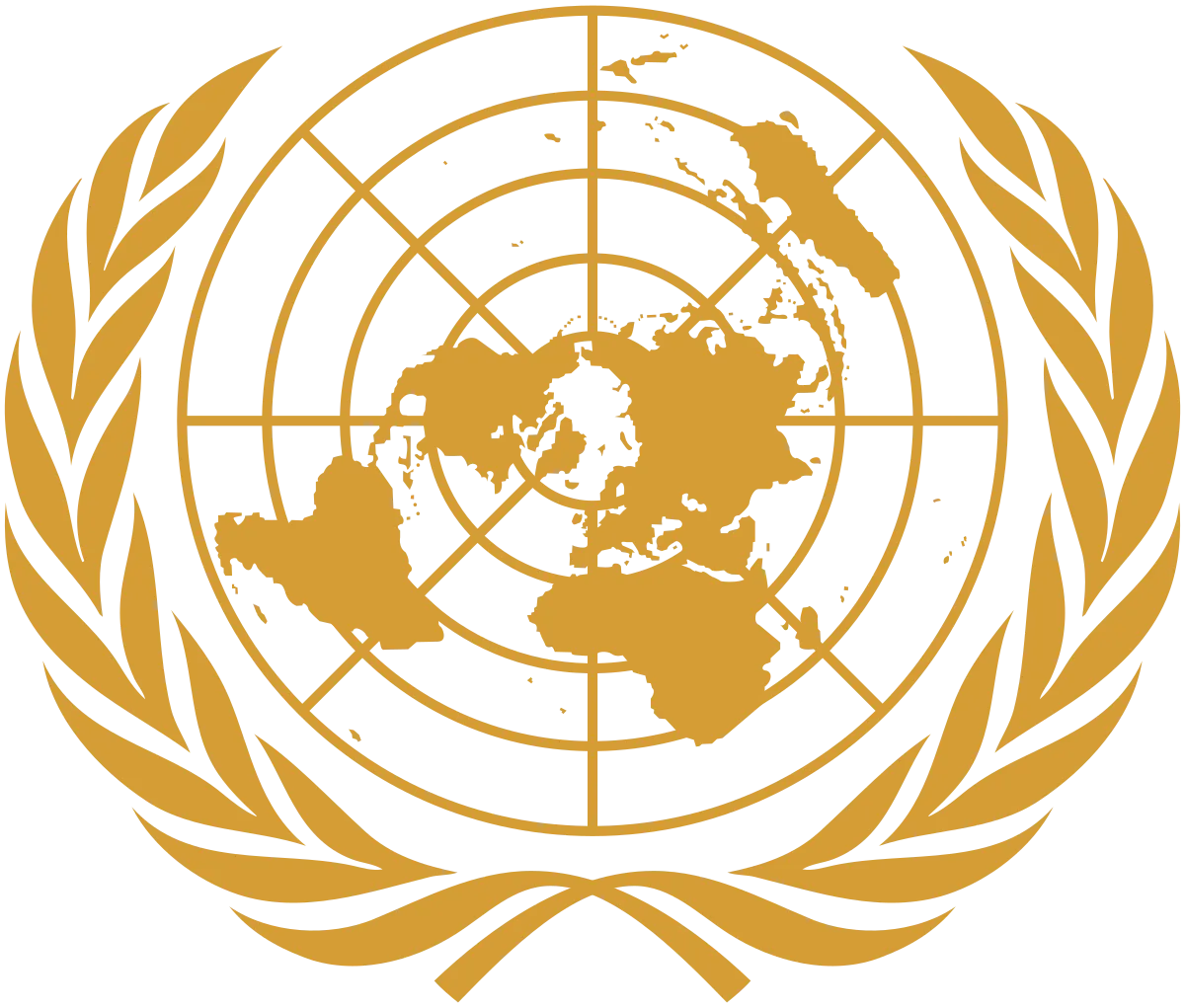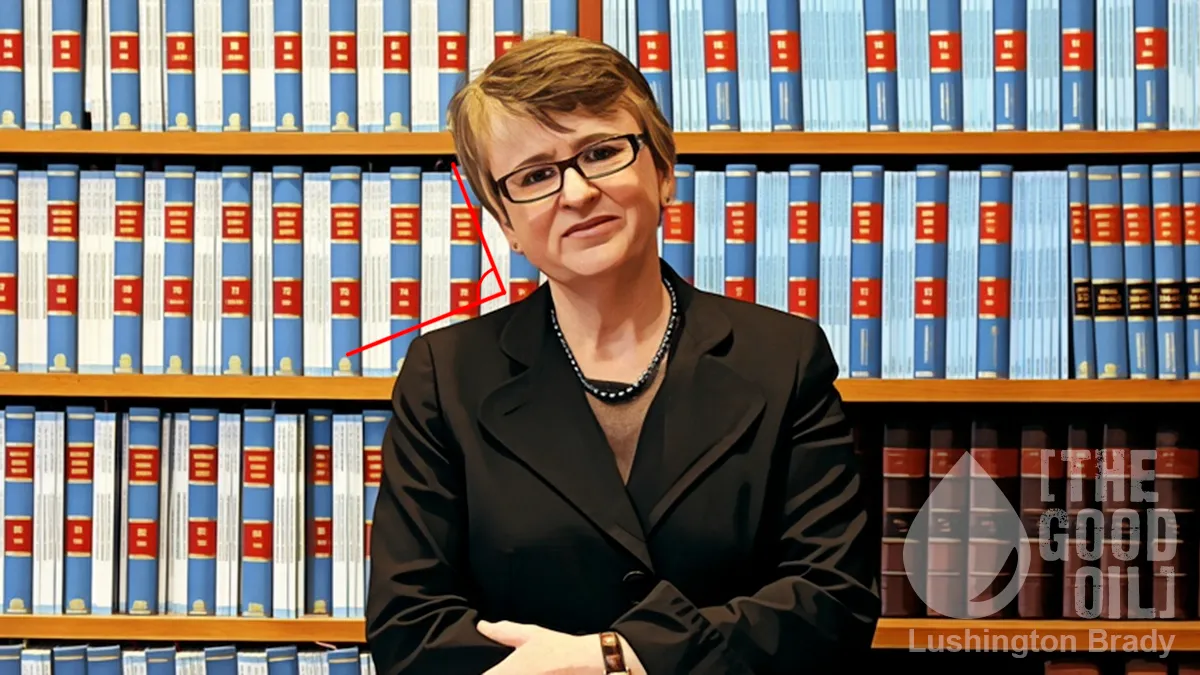Table of Contents
Joe Schaeffer
Political Columnist at LibertyNation.com Joe Schaeffer is a veteran journalist with 20+ years’ experience. He spent 15 years with The Washington Times, including 8+ years as Managing Editor of the newspaper’s popular National Weekly Edition. Striving to be a natural health nut, he considers staring at the ocean for hours to be an act of political rebellion.
In a shocking new report, the United Nations declares the free expression of individual opinion on the Internet to be a “danger” that causes “real harm on a global scale.” “Optimism over the potential of social media to connect and engage people has been dampened” by posted material the world governing body brands as “lies,” “hate” or “misinformation.”
Translation: your personal beliefs should not be allowed to appear on the Internet unless they comply with accepted establishment narratives.
How has it become accepted as normal that one of the leading global institutions on the world stage today is urging citizens of supposedly free Western nations to monitor and report on one another’s wrongthink and calling for those who disagree with its positions on climate change and other issues to be stripped of the ability to earn a living online?
A June 25 tweet from the UN contains a stunningly Orwellian graphic. A bullhorn meant to denote free speech is X-ray-imaged to reveal a loaded gun lurking inside. The message could not be more unmistakable: Allowing people to express their opinions freely can equate to actual physical violence. “It’s not ‘just a comment,’” lurid text proclaims. A generically tyrannical “No To Hate” hashtag completes the dystopian picture. An attached “learn how you can take action” link leads to an “Engage” page on the United Nations website where faithful and true world citizens are instructed on how to “deal with hate speech.” A “Report” section tells online users to be on the lookout for “hate” and prepared to notify law enforcement authorities when it is discovered.
“Most online platforms and communities have rules to keep user discussions respectful and will let you easily report hate messages to administrators or moderators,” the paragraph begins. “For more serious cases – which may constitute incitement to violence, harassment and/or threats prohibited by law – notify organizations fighting hate speech and/or file a complaint with police (or the public prosecutor). Some countries have online tools to make reporting hate speech easier.”
Questioning Climate Change Is as Bad as ‘Hate’
For those who may be inclined to believe that sounds reasonable enough, it’s crucial to note that “misinformation” is included alongside “hate” in this campaign to purify the channels of human intellectual exchange. “[D]igital platforms are being misused to subvert science and spread disinformation and hate, fueling conflict, threatening democracy and human rights, and undermining public health and climate action,” the world body declares in a June 12 news post titled “UN chief calls for new era of social media integrity in bid to stem misinformation.”
“Countries must address the ‘grave global harm’ caused by the proliferation of hate and lies online, UN Secretary-General António Guterres said [on June 12], launching a key report designed to shore up information integrity on digital platforms,” the article details.
The United Nations is openly declaring that information it does not like is every bit as corrosive as its ever-elastic “hate” descriptor. “Hate speech refers to abusive or threatening language against a group or person, simply because of their race, colour, religion, ethnicity, nationality, or similar grounds. The difference between mis- and disinformation is intent, though the distinction can be difficult to determine,” the post seamlessly continues. “In general, misinformation refers to the unintentional spread of inaccurate information, while disinformation is not only inaccurate but intended to deceive. Regardless, they have all proved to be dangerous and even deadly.”
United Nations Common Agenda Policy Brief 8
The accompanying UN report “puts forward the framework for global action through a Code of Conduct for information integrity on digital platforms, that outlines potential guardrails while safeguarding the rights to freedom of expression and information,” the organization states. “It will build on principles that include respect for human rights, support for independent media, increased transparency, user empowerment and strengthened research and data access.” Among the “principles” to be followed: direct action by the owners of major online platforms and search engines to demonetize those not toeing approved lines of thought:
“The Secretary-General also provided recommendations that could inform the Code of Conduct.
“They include a call for Governments, tech companies and other stakeholders to refrain from using, supporting, or amplifying disinformation and hate speech for any purpose …
“Advertisers and digital platforms should ensure that ads are not placed next to online mis- or disinformation or hate speech, and that ads containing disinformation are not promoted.”
This UN report is graced with the coldly bureaucratic title, “Our Common Agenda Policy Brief 8 – Information Integrity on Digital Platforms.” In it, the United Nations arrogates unto itself the right to define what is and is not acceptable under the Stalinist label “information integrity.”
“Information integrity refers to the accuracy, consistency and reliability of information. It is threatened by disinformation, misinformation and hate speech. While there are no universally accepted definitions of these terms, United Nations entities have developed working definitions,” the report proclaims.
Vaccine scepticism during the COVID pandemic and questioning the dominant establishment narrative on climate change are two cited examples of the modern assault on “information integrity.”
The section labelled “disincentives” urges the financial suppression of those who will not go along with “settled” consensus:
“Some civil society groups and researchers have explored avenues for demonetizing and therefore disincentivizing the creation and spread of online mis- and disinformation and hate speech, noting that while freedom of expression is a fundamental human right, profiting from it is not. Proposals seek to address the profitability of disinformation, ensure full transparency around monetization of content and independent risk assessments, and disincentivize those involved in online advertising from enabling disinformation.”
The United Nations is not operating in a vacuum. It highlights the role national governments and “civil society groups” are to play knowing full well that these entities are already fully plugged into the aspiring information control apparatus.
According to the arch-globalist Council on Foreign Relations, American taxpayers gave the UN $12.5 billion in funding in 2021. It puts an entirely new spin on the term “wage slavery.” The labour of supposedly free citizens is being harnessed to forge the chains of their servitude. One way to begin fighting back is to refuse to adhere in even the slightest way to bogus definitions such as “hate” promulgated by self-appointed and self-serving credentialed guardians of thought.









